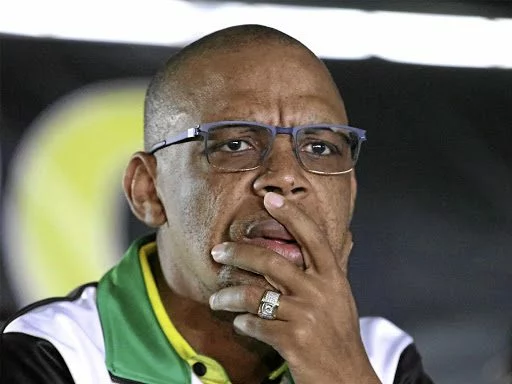The ANC this week said it might look at pension funds to unlock access to funding gap in the country’s small, medium and micro enterprises (SMMEs) sector.
ANC spokesman Pule Mabe, who stood in for the party’s treasurer-general Paul Mashatile at the Black Business Summit held in Joburg, said despite the country having one of sophisticated financial sectors in the world, not enough credit was extended to entrepreneurs.
“To address the SMME funding gap, there is an urgent need for us to look at the role of pension funds, or more broadly the savings industry, in facilitating financial inclusion and in particular in expanding access to funding for SMMEs and other developmental projects,” Mabe said.
“We are delighted that, increasingly, a number of progressive pension funds are already looking at alternative investment vehicles that focus on supporting developmental initiatives such as funding SMMEs as well as social and economic infrastructure. We must strengthen such efforts.”
Mabe pointed to the Government Employees Pension Fund, which has nearly R2-trillion in assets under management and Eskom Pension and Provident Fund, which manages R147-billion as examples of funds that have shown tremendous growth over the years.
ANC’s ally, trade union federation Cosatu, has already put forward a plan that would see the state-owned power utility, Eskom, reduce its debt by R254-billion using pension funds, a plan that seems to enjoy support at the high echelons of government.
However, Cosatu fllatly rejected Mabe’s proposal to raid pension funds to fund SMMEs.
“Pensions definitely have a huge role to play in changing the ownership patterns of the economy, but they’re not a piggy-bank for the ANC to cover for failed economic policies of its government,” said Sizwe Pamla, Cosatu spokesperson.
The ruling party’s drastic proposal to use pension funds to fund SMMEs comes as reports suggest SMMEs funding gap is north of R300-billion.
The World Bank said in a report last week that $16-billion (R251-billion) in total funding is available to the small business sector in South Africa, and commercial banks account for 68.9% or $11-billion in nancing for the formal SMME sector.
However, as informal businesses account for the vast majority of SMMEs, most have limited access to these funds. As such, the World Bank estimates that there is a $30 billion gap between supply and demand for small businesses.
Finance Minister Tito Mboweni said last month the government was proceeding with its plans to establish a state bank whose architecture would be similar to that of a retail bank operating on commercial principles.
The expectation is that it will ensure the poor and small business have better access to banking services.
By Kabelo Khumalo




